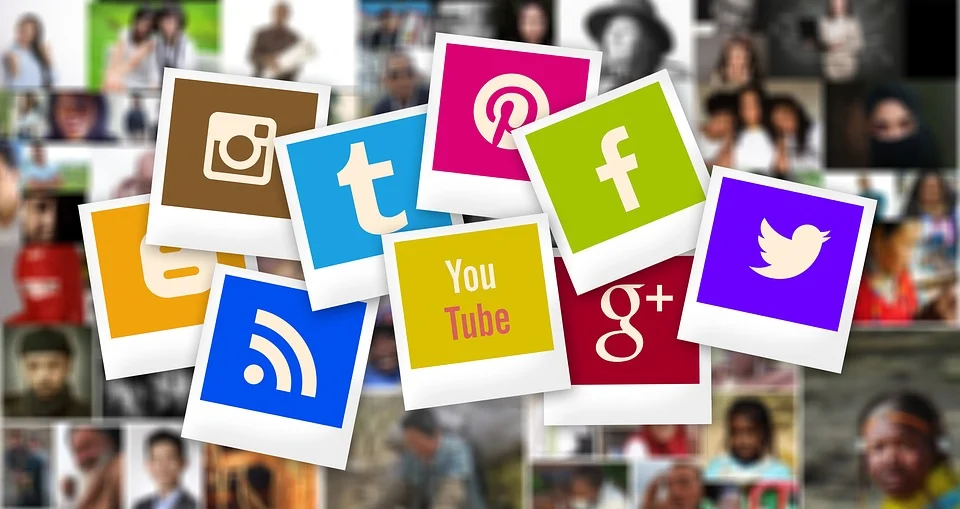It might be difficult to anticipate how the future will look with further development in the mass media. However, issues that would certainly characterize the future development of mass media might be summarized as follows:
What Will Be Future Trends?

The first is that the long-term viability of any media is directly proportional to the quality of its content. Because media consumers do not have time owing to their participation with several types of media at the same time, quality content would represent succinct and accurate information that consumers desire.
To build brand loyalty among customers, media must continue to give free access to a limited quantity of relevant content before charging users for more in-depth information and engagement. Based on current marketing thought that honesty, integrity, and trust are simply not enough to persuade customers, media will also need to guarantee that they are able to cement brand loyalty in their total offers.
While news will remain an important component of an overall information package, mass media will have to start providing quality ‘how to’ content and some form of interactivity for those users who require help or assistance with all manner of issues from how to lose weight to how to fill in tax and visa application forms. In a nutshell, journalism will continue to play a role in the mass media but it will be only a small part of a far wider overall content offering. Advertising will continue to play an important role in mass media revenue generation although in a completely different guise to the 30-second commercials we see on TV, online and hear on the radio. It appears logical that the current paradigm of brands supplying information to consumers through mass media advertising and online on websites and through newsletters will shift dramatically to brands, services, governments, and NGOs having databases of product and service information that consumers can access on demand.
Technology will probably allow consumers to expand on their current options of ‘Googling’ information and making purchases online. Right now Google searches and online shopping are merely the tips of what is an enormous iceberg of brand information. The way in which the mass media will benefit from this scenario is that instead of running advertisements the way they do today, they will probably provide consumers with a fast-track channel in terms of accessing product and brand information and solutions. Consumers may not read newspapers or watch TV advertising in the future, unless they live in a very specific town, but will instead enter their requests into mobile devices, laptop computers, or TV sets with built-in home servers, as they do now with Google searches. They may inquire about the latest cricket scores, sports results, or news headlines, or they may wish to purchase a pair of shoes, apparel, or extra lessons for their children, among other things. They will clearly not have the’reach’ to accomplish this on their own, but will have to rely on mass media corporations and other service providers to send out’spiders’ to gather the most trustworthy and relevant information.
Successful brands might be those that have mountains of information available and who can be quickly and easily reached by those spiders sent out by service providers. And then make it as easy as possible for the consumer to get the product or sign up for the service. The mechanics of this process might well offset the need to charge consumers. Both the mass media and its stakeholders will have to come to terms with the fact that a further massive paradigm shift is inevitable. This is however a repeating pattern by which human society has constantly expected a technology to redefine everything, and this has rarely been the case. For instance, when television became popular, everyone thought the radio would cease to exist. Similarly, many people thought the Internet signaled the end of television. As a result of new technologies, there is a period of re-adjustments but these are minor. Radio has not changed radically since it was first popularized and now after the popular rise in TV and the Internet.

